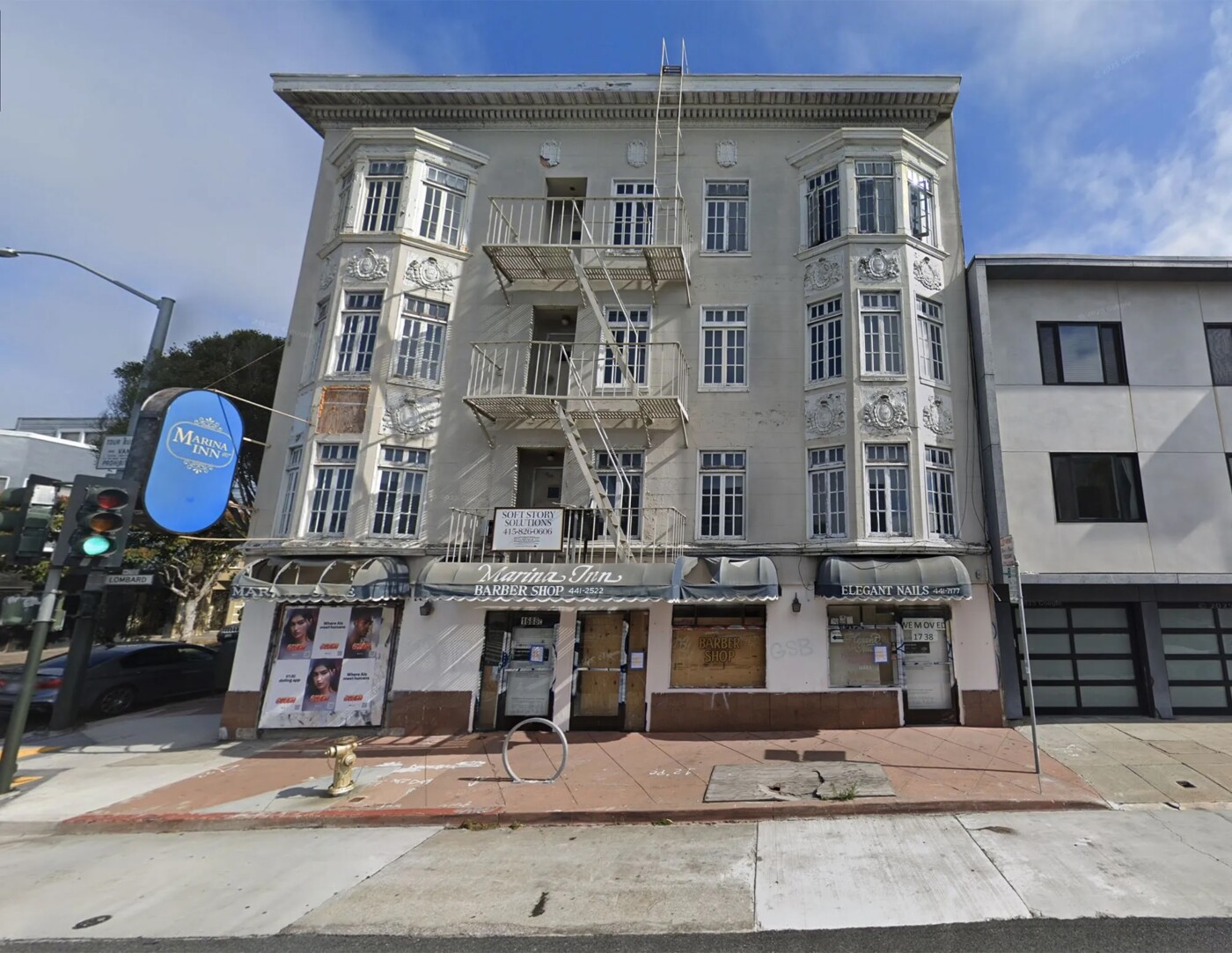San Francisco is planning to open several facilities this year with hundreds of treatment beds as part of Mayor Daniel Lurie’s attempt to alleviate the epidemic of accidental overdose deaths, which saw a slight dip in April, the city’s Department of Public Health announced Tuesday.
San Francisco’s Medical Examiner’s Office recorded 50 preliminary accidental overdose deaths in April, making it the lowest month for overdose deaths so far this year. Last month’s number is a modest decline from the first three months of 2025 when overdose deaths averaged 64 per month.
Increasing coordination between city departments, having access to immediate care, and expanding the range of services such as adding more treatment beds for the different stages of recovery are some of the reforms that the Department of Public Health is hoping will mitigate the overdose crisis and homelessness.
These changes are part of Lurie’s “Breaking the Cycle” executive directive, which began rolling out in March.
“We are fundamentally changing and tackling this epidemic like the public health crisis it is,” San Francisco Public Health Director Daniel Tsai said at a news conference Tuesday. “That involves a much more proactive approach to try to help folks on the street with untreated or under-treated mental illness, addiction and homelessness be able to get into effective treatment and sustained recovery. A really important part of that is adding more treatment beds and treatment capacity at the right levels of clinical intensity.”
City plans to add 279 recovery beds this year
The department is planning to open multiple centers aimed at providing treatment suitable for the various stages of addiction recovery, from medication-assisted treatment beds in the first few months of recovery to long-term sober living environments. In total, Lurie is aiming to create 279 recovery-focused beds this year.
The city recently opened a 24/7 stabilization center for unhoused people to access immediate mental health care. Instead of taking people to jail, police and emergency medical professionals can drop off people who may be better served receiving care for mental health crises.
The site is designated for temporary relief, but patients can be connected to other treatment options.
This summer, the city will open a short-term recovery center at the site of the former Kean Hotel, a currently unoccupied building at 1018 Mission St. in the South of Market neighborhood.

It’s intended to serve as a first step for helping unhoused people and those struggling with substance addiction to get off the streets, allowing them stay in respite beds for 30 to 60 days.
The recovery center will have 76 beds and be operated by Westside Community Services, a local organization that provides resources for treating mental health and substance abuse.
“They’re initiating treatment, they’re engaged in community, they’re getting stabilized and connected to services,” Tsai said. “We hope from there, they’re able to actually be ready to enter a residential treatment program.”
Getting patients needed help and skills
Later this year, the city is planning to convert the Marina Inn at 3110 Octavia St. in the Marina District into a sober living home with 68 beds. The program will allow patients to stay in a recovery-based housing facility for up to two years, providing a supportive environment where individuals can focus on maintaining their sobriety as well as acquiring life and career skills to help them get back on their feet and live independently.
“We are fundamentally changing and tackling this epidemic like the public health crisis it is.”
Daniel Tsai, San Francisco Public Health Director
“This is for folks that graduate from a residential treatment program,” Tsai said. “They are sober. They are unhoused. We need a place that they can step down into for one to two years. That is a sober living environment that supports them in getting back to work, that has other vocational and financial and other social skill trainings.”
The Salvation Army, which already has several drug treatment centers in San Francisco, will partner with the city to operate Marina Inn.
While overdose deaths did see a decline last month, Tsai admitted that the department will continue testing out new strategies until the city sees a significant decrease in unintentional overdose deaths.
“Those numbers will continue to move up and down each month, I’m sure,” Tsai said. “We won’t be satisfied until those numbers look drastically different.”
The post SF plans to open more addiction treatment beds amid decline in drug overdose deaths appeared first on Local News Matters.
